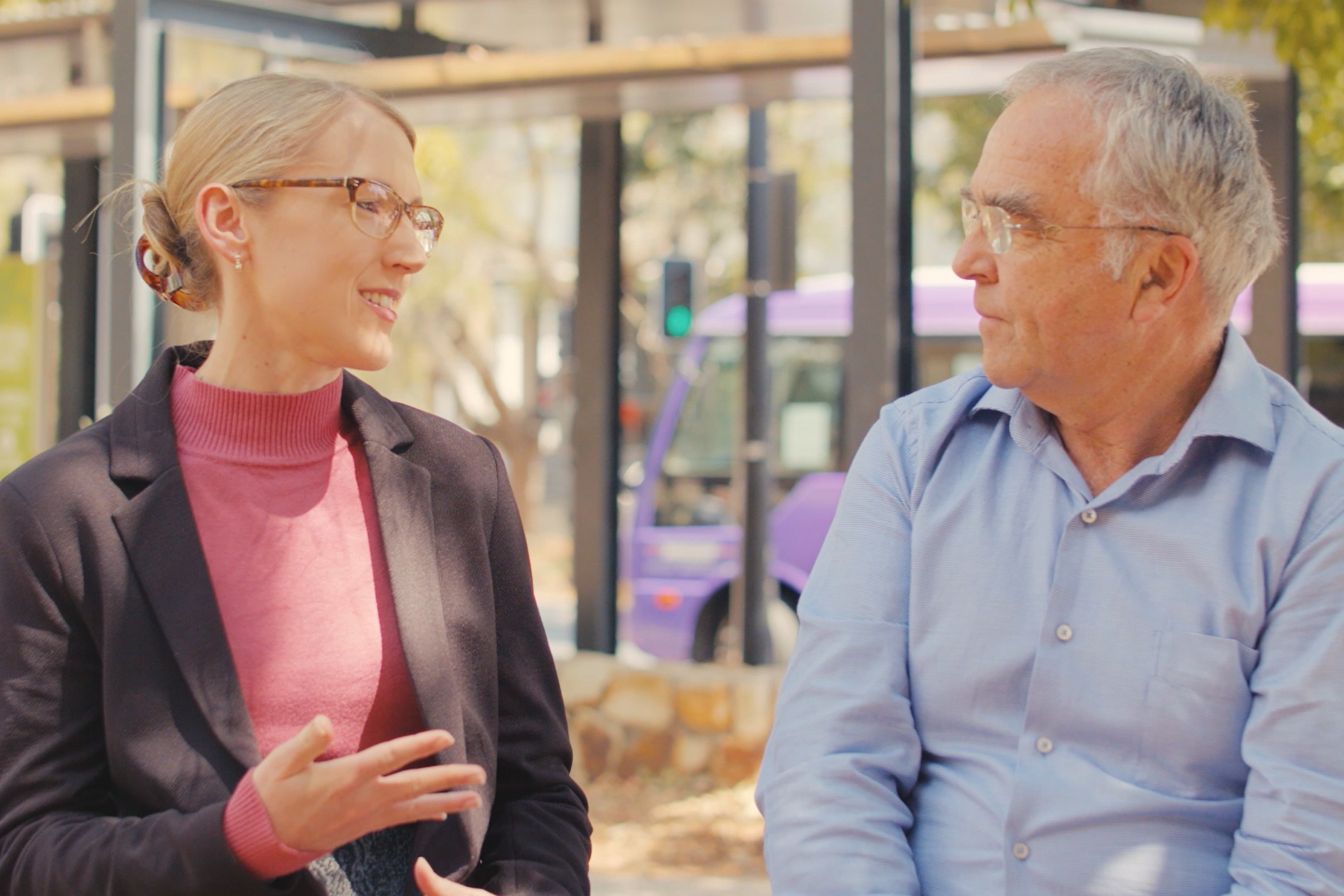Affecting up to 11 per cent of reproductive aged women, endometriosis is being recognised as one of the most common, underrepresented medical issue facing Australian women.
March is Endometriosis Awareness Month, now in its 27th year, driving much-needed attention around this debilitating disease.
In 2020, Australia continues to lead the way for endometriosis research across a number of areas including the discovery of genetic risk factors and the role of endometrial stem cells in the initiation of the disease.
Pioneering endometriosis research at IMB
Institute for Molecular Bioscience (IMB)'s Professor Grant Montgomery and Dr Sally Mortlock and their team are among those pioneering endometriosis research.

Professor Montgomery said that historically, the disease has received less funding and attention than it deserves.
“Endometriosis is a very difficult disease to study. After 20+ years of research, we’re still unsure how it begins and whether there are sub-types of the disease,” Professor Montgomery said.
“As shown for some cancers, sub-types of endometriosis could potentially mean the disease will have varying treatment plans depending on its type – this makes our job as researchers much more challenging,” Professor Montgomery continued.
Following a 2019 report by the Australia Institute of Health and Wellness (AIHW) that found endometriosis cost the Australian economy an estimated $7.4 billion in 2017-18, the Australian Government Department of Health released its first National Action Plan for Endometriosis, calling for greater awareness, education and research.
Endo can take between 7 and 12 years to diagnose
Dr Mortlock said it’s great to see plans being made at a national level to support research into endometriosis, and that further awareness is necessary in finding better treatments.
“Many symptoms of endometriosis overlap with other gynaecological conditions, and as there is no single, non-invasive diagnostic test, it can take anywhere between 7 and 12 years to diagnose the disease,” Dr Mortlock said.
“As such, it has taken a really long time to obtain the basic understanding and awareness required to launch endometriosis studies that can make a difference to women.
“However, great progress has been made on several aspects of the disease, particularly in the last five years, and with this additional support, the way forward is much clearer,” Dr Mortlock concluded.
Supporting endometriosis research in Australia
In September last year, Australian endometriosis research was publicly recognised by the US Department of Defense (DoD). Professor Montgomery and his team at UQ IMB, along with Hudson Institute’s Professor Caroline Gargett and collaborators at Monash IVF were awarded a US$2.07 million (AU$3.05 million) grant to further their research into endometriosis.
With women comprising between 15-20 per cent of the US military, it is estimated that up to two per cent of the US Army population have endometriosis.
Professor Montgomery said they were extremely grateful to receive the funding and together with new funding from the NHMRC, it will support his endometriosis research in Australia.
“We are pleased to see our research efforts recognised,” Professor Montgomery said.
“Endometriosis studies have struggled for adequate funding and grants such as this help to attract and support bright young minds who will lead the future direction of research,” Professor Montgomery concluded.
Endometriosis Awareness Month runs from March 1-31. For more information about UQ IMB’s research into endometriosis, head to imb.uq.edu.au/endo



